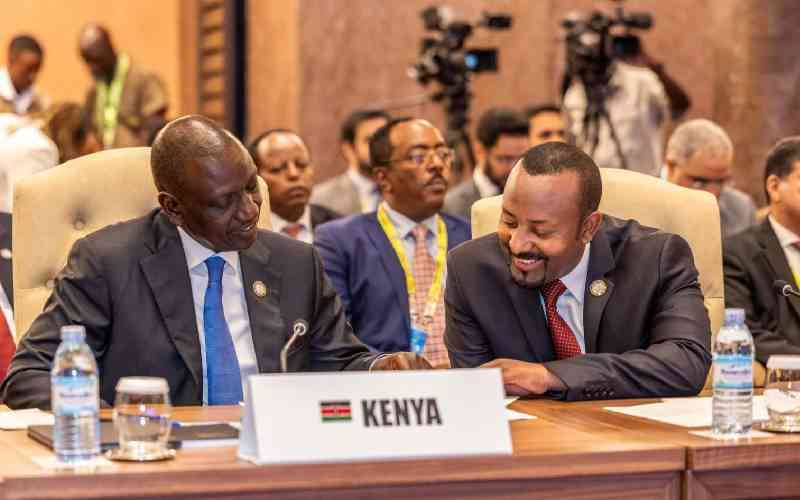×
The Standard e-Paper
Home To Bold Columnists

As many as two dozen heads of state and governments arrived in Entebbe on Thursday and Friday, to attend the Non-Aligned Movement summit (NAM).
The 19th forum of the 120-member group covering 55 per cent of the world's population is expected to discuss responses to contemporary challenges around the world, at a time when the relevance of the NAM in the post-Cold War era is under question.